Confounding Variables

Exposure to the following confounding variables can increase the likelihood that one will leave the pale. Evidence suggests that humans consciously or subconsciously introduce variables to facilitate their leaving of the pale.

brainwashing. Nasty business of drastically changing a person’s beliefs and behavior by breaking down the victim’s self image, precipitating an identity crisis and then substituting a new set of values for the old. See also Misdiagnosed Borderline Personality Disorder.
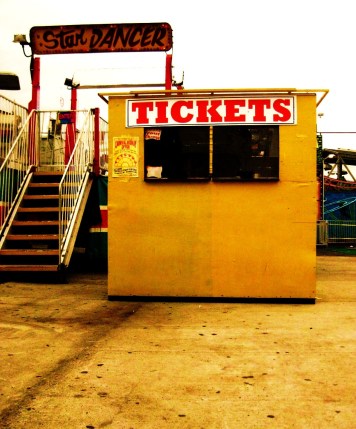



hero. Child who takes over parent role at a very young age, becoming responsible and self-sufficient. Because the parents look to this child for reassurance that they are good parents, the hero’s confounding variable directly proportionate to compulsion to rescue. See also Lost Child.
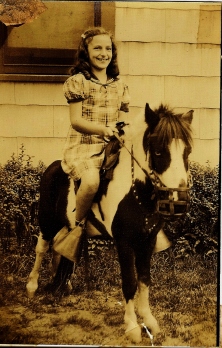

scapegoat. Child family feels most ashamed of. A romantic who becomes cynical and distrustful, this child’s departure from the pale is a premeditated attempt to gain negative attention. The scapegoat boomerangs between the pale and the beyond. Incorporates references to beyond the pale into almost all conversations taking place within the pale. Confounding variable directly proportionate to level of attention received from family; the scapegoat is likely to remain within the pale threatening to go beyond it for as long as he maintains an audience. See also Drugs that Deprave.

clown. Child who diverts attention from absence of other siblings who remain in or have left the pale and therefore, is least likely to go beyond the pale. As an adult, confounding variables rarely motivate clown to leave the pale. See also Drugs that Deprave, Unrequited Love.

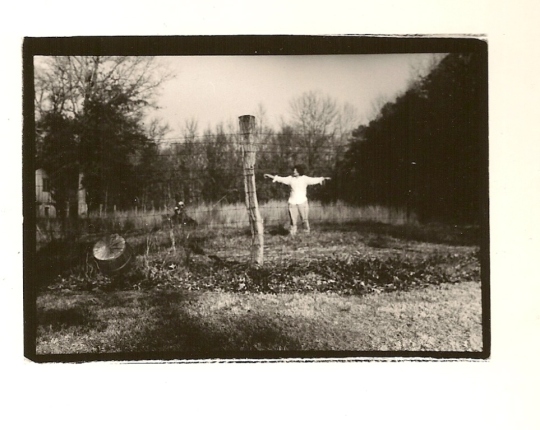
lost child. Child escapes by daydreaming and prefers isolation. Constant confounding variables ingrained in the lost child’s psyche motivate child to wander beyond the pale for most of her childhood and adult life. See also Escape Velocity, Velveteen Rabbits, Inability to Separate Fantasy from Reality.



dice theory: Manner of living that absolves one from responsibility for actions and lowers anxiety regarding crucial decisions. Known to increase risk factor. See also Odds Ratio, Drugs that Deprave.

ennui. loathsome feeling of weariness and dissatisfaction.

escape velocity. Minimum speed an object without propulsion needs to have to move away indefinitely from the pale. exacerbated by emotional entanglements, drugs that deprave, ennui, abusive relationships, dysfunctional families.

latency period. Term used by psychiatrists to drain the magic out of youth. May bring a child new problems, like joining gangs, rebelling against authority and the beginnings of delinquency. See also Scapegoat.
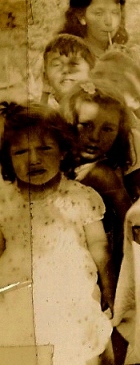

Love, unrequited. Most frequently experienced variable. See also Jamais Vu.

magical attack. Signs of include inexplicable lethargy, sadness or anger, unexplained illnesses or multiple injuries in a short time span, confusion, swift changes of heart, bad luck. inexplicable unusual behavior in pets. Feeling of being watched, unexplained noises, orders, or images.
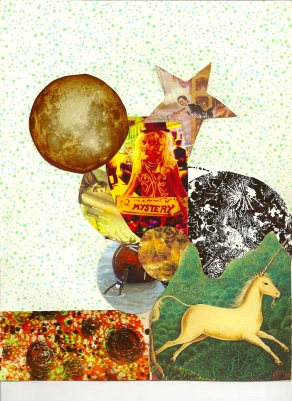
poisons. combined effects of. See also Failed Attempts at Moderation, Drugs that Deprave, Quack Remedies.

obsession. Fixation to intangible items or people to the point that one no longer can function in reality.


